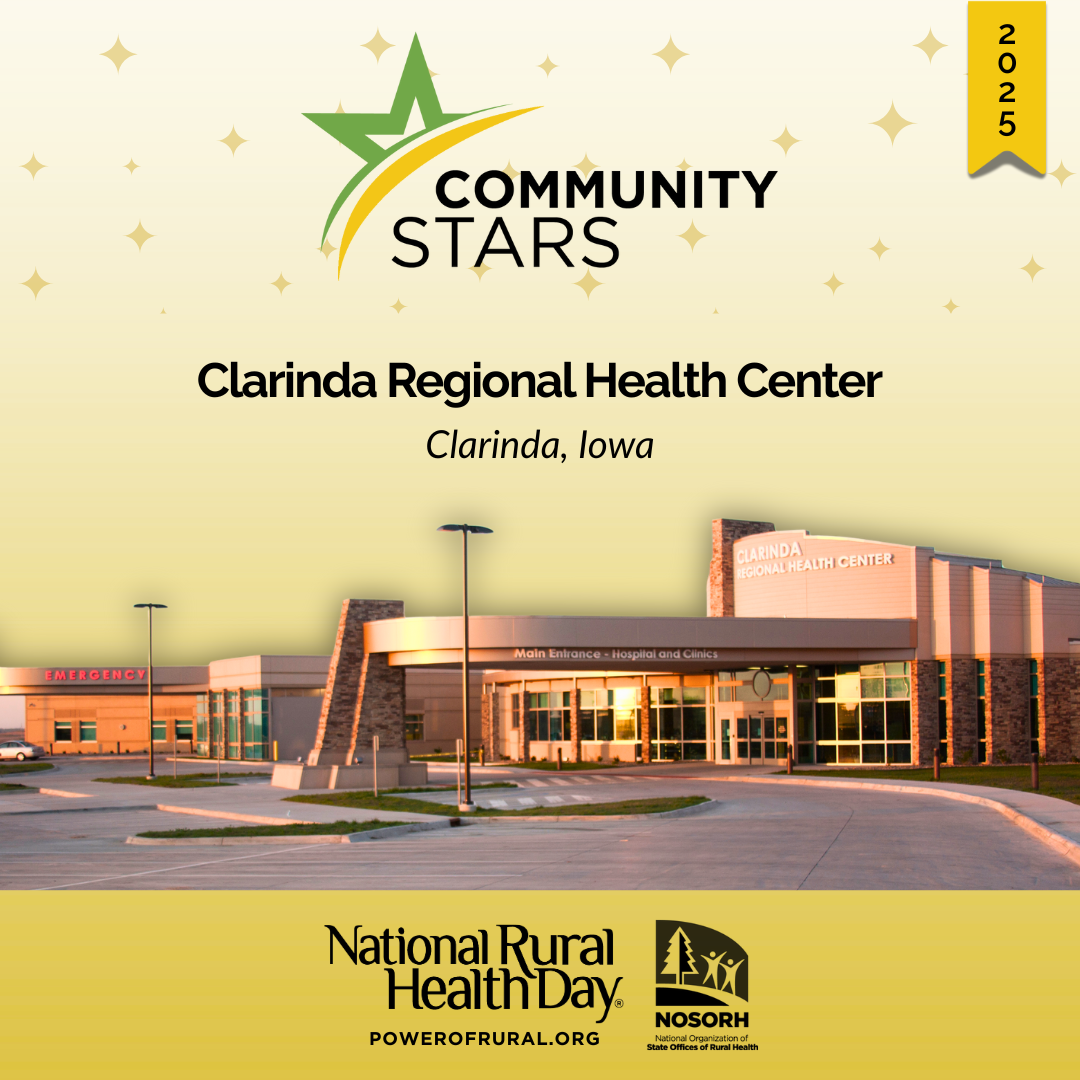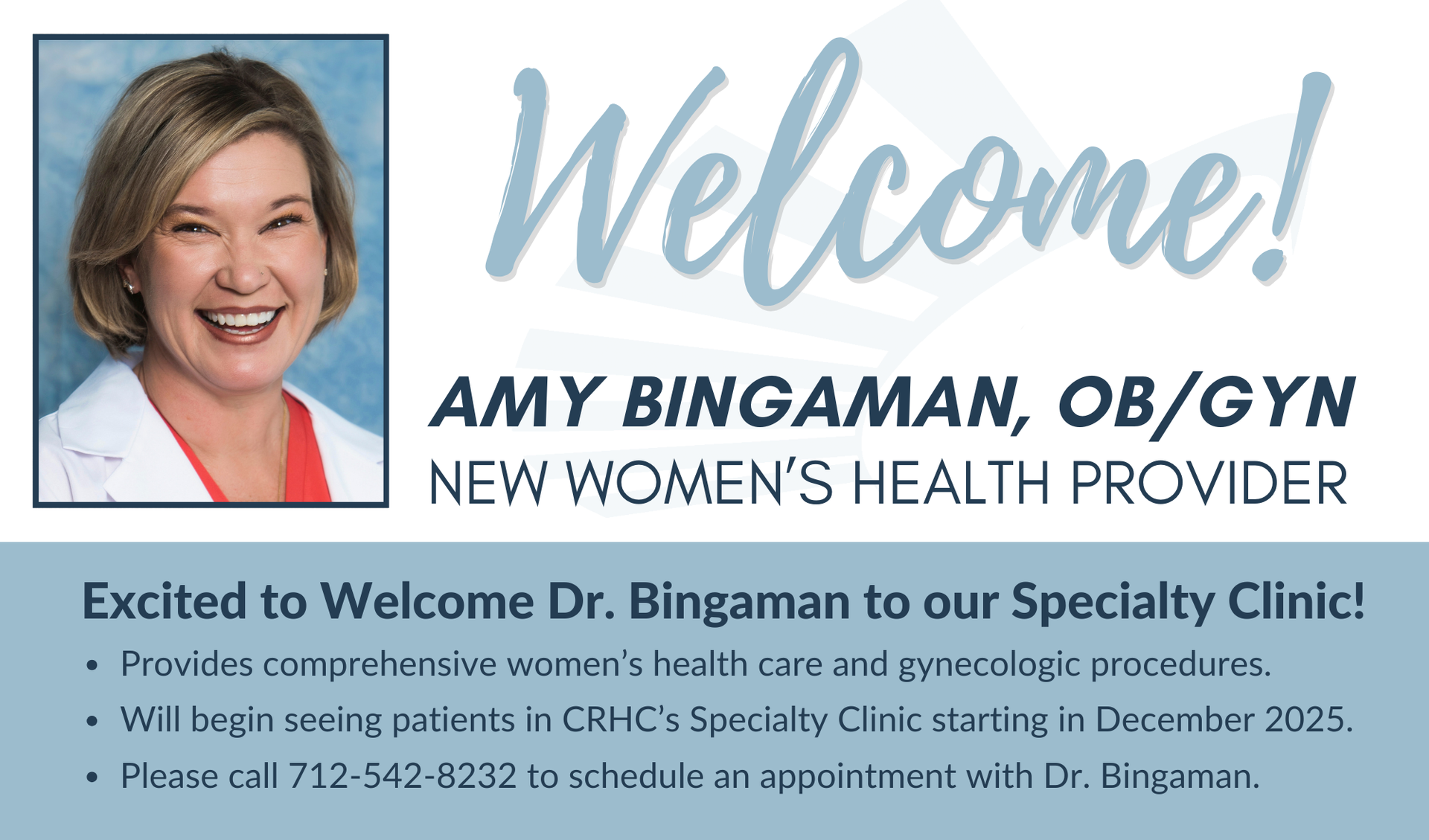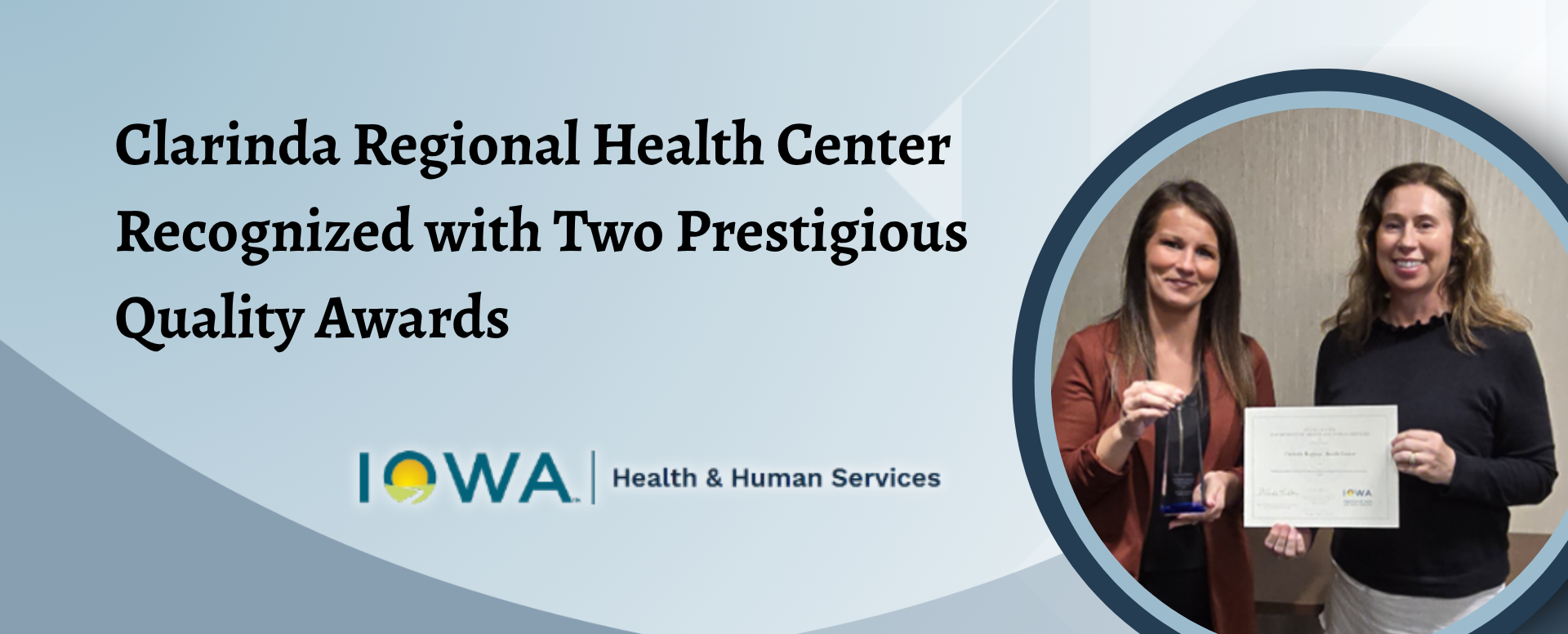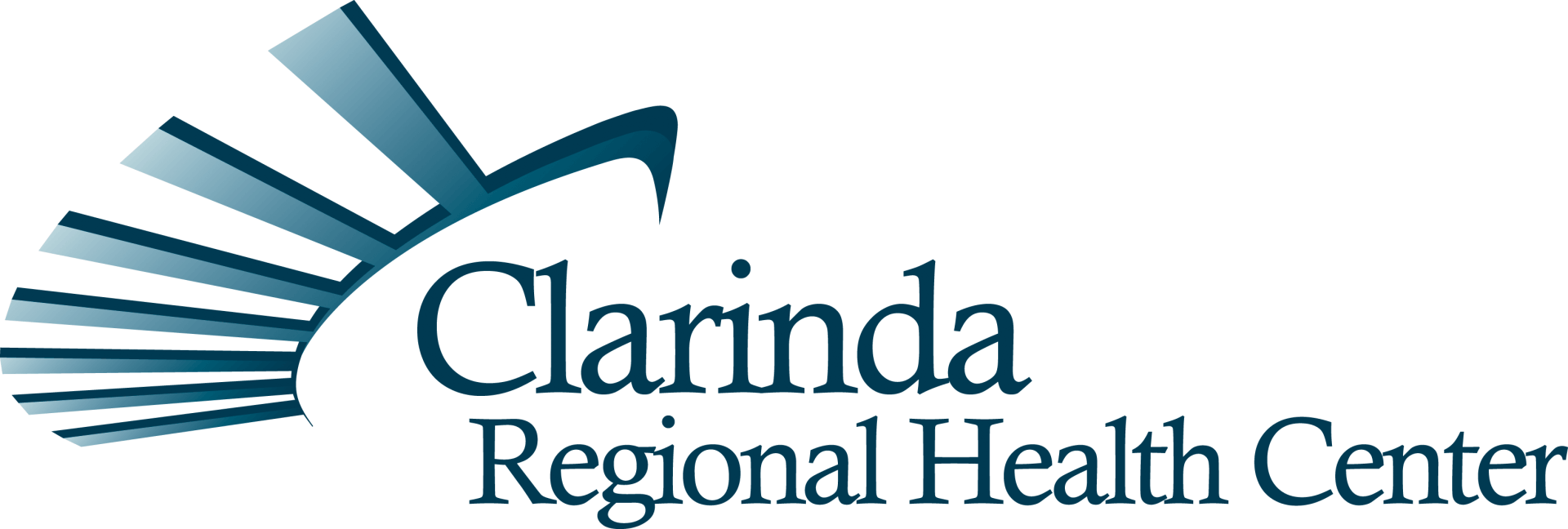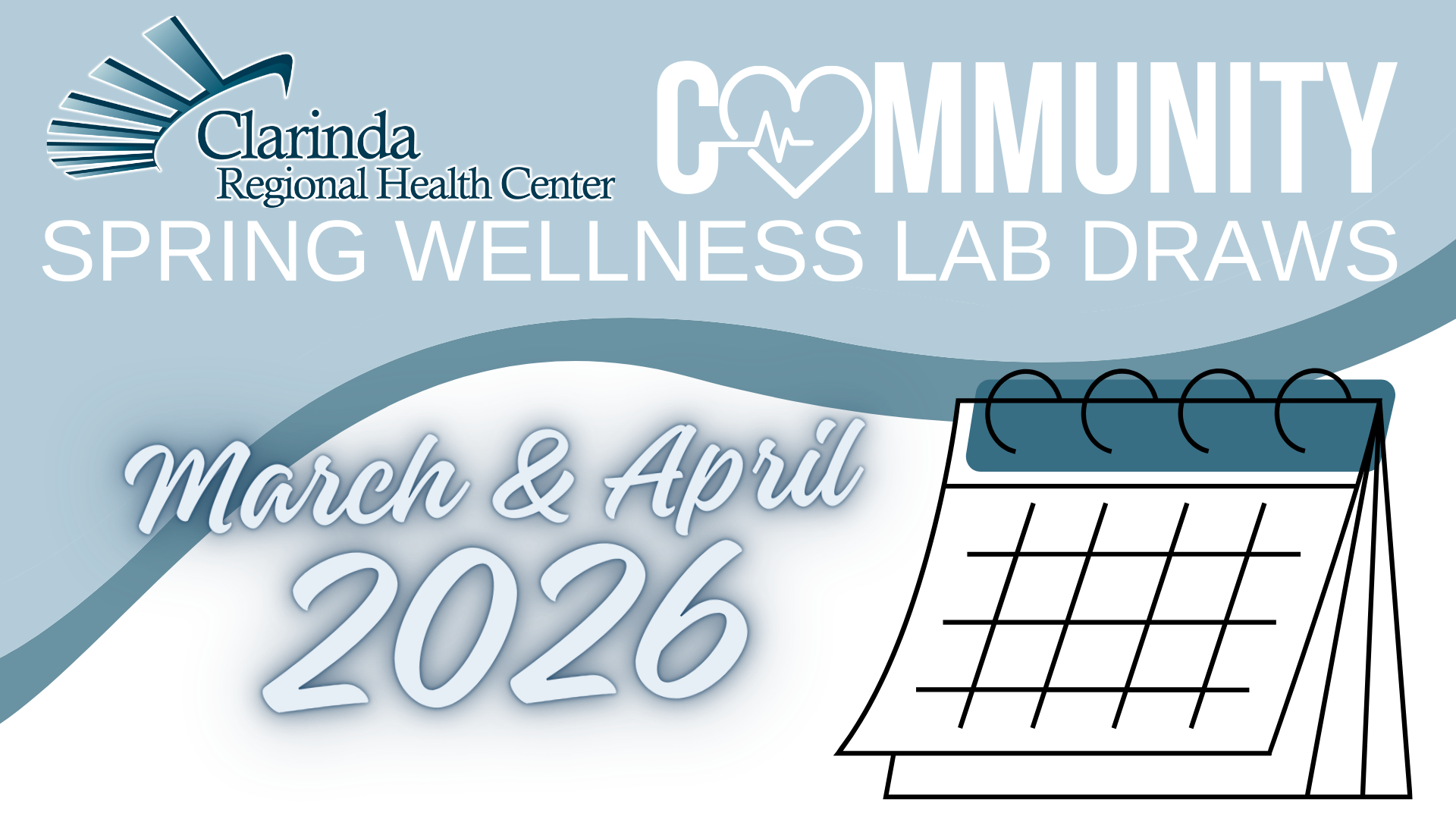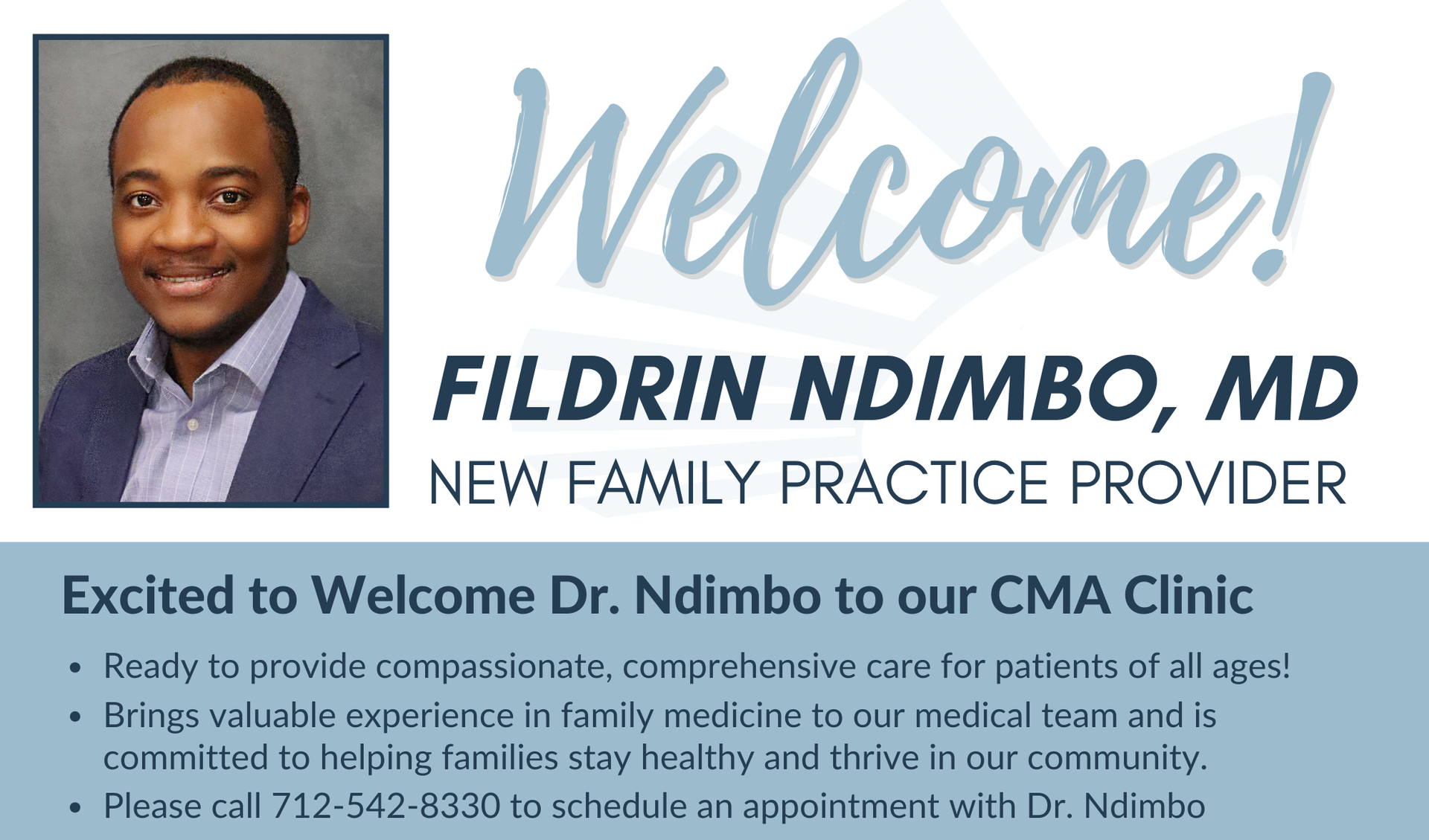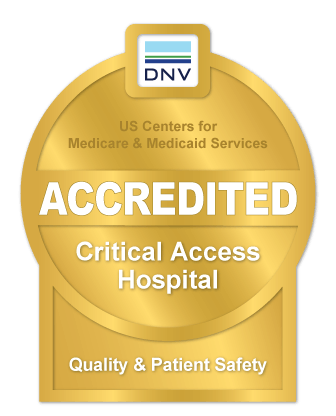May 2023 Is Stroke Awareness Month
CRHC wants to make sure you know the signs and symptoms of a stroke.
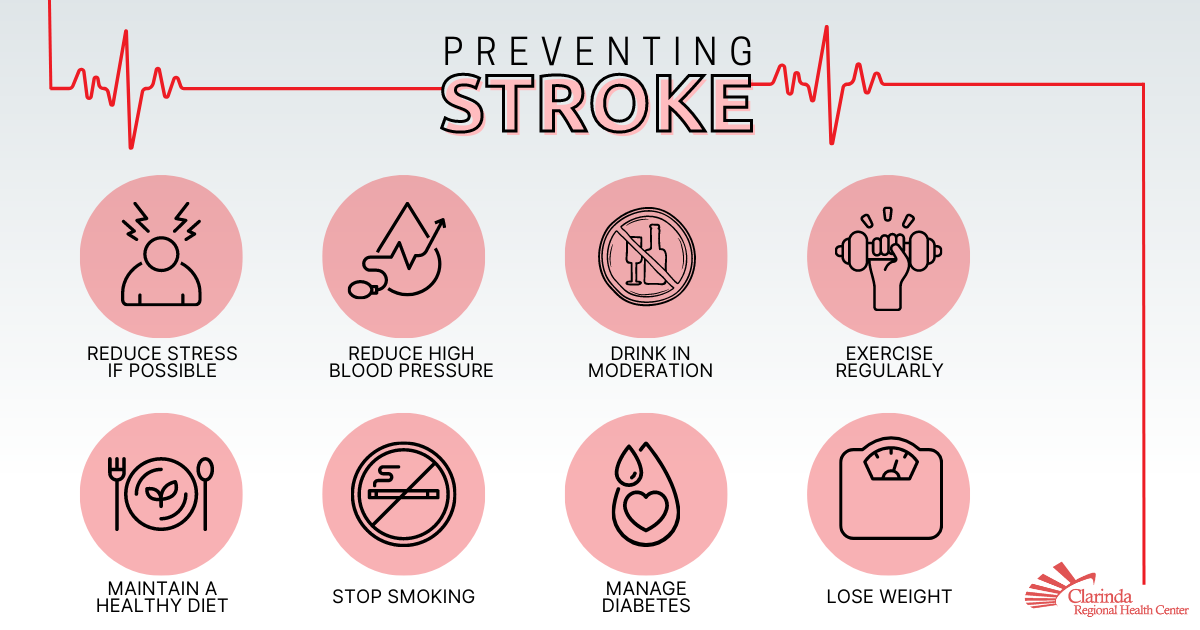
What to expect when you go to the ED with Stroke Symptoms
By CRHC ED Manager, Jen Chambers, BSN, RN
If you or a loved one is experiencing stroke like symptoms it is critical that you get to the emergency department ASAP. Time is a critical factor in treatment, the faster you begin treatment the better your chances are of making a full recovery. If there is a blood clot in the brain causing lack of blood flow and oxygenation to the brain, the tissue can die, our main goal is to get blood flow to the brain restored as quickly as possible.
Stroke symptoms include:
- Sudden numbness, weakness or paralysis and drooping of the face, arm or leg, especially on one side of the body.
- Suddenly blurred or decreased vision in one or both eyes
- Slurred speech, difficulty or inability to understand or be understood
- Loss of balance or coordination
A 911 call triggers a series of events all aimed at saving brain tissue, starting with the EMS team who are trained to recognize stroke symptoms and will contact the ED en route to the hospital to activate our Code Stroke Alert.
CT Scanner: the most important determinant in quickly treating a stroke is knowing what kind of stroke you are experiencing. A CT scan allows the providers to look for the presence of blood or a large clot to identify the type of stroke.
In addition to a CT scan, within minutes of your arrival, a Neurologist will be consulted to assist in collaborative care. Other immediate tasks include blood draw, vital signs, EKG and Chest x-ray.
The ED provider will complete an assessment to determine the severity of the stroke by performing an NIHSS Stroke Scale. This score helps clinicians understand the severity of the stroke and what areas of the brain are affected.
History: It is important to know the last time the patient was seen completely normal to determine their baseline and what symptoms the patient has been experiencing and for how long. A current medication list is also important.
With the expertise of our Stroke Team and Neurologist will determine the best course of treatment with certain medications, admit or transfer needs.
Remember time is critical, stroke is a life-threatening condition, seek emergency care immediately if a stroke is suspected.
CRHC ER staff are here 24/7 for you and your loved ones for any emergency needs.
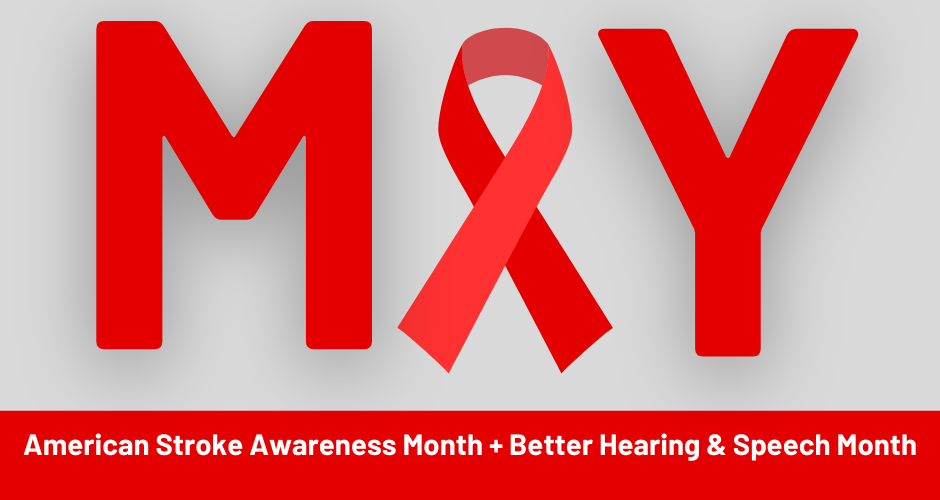
A stroke occurs when a blood vessel that carries oxygen and nutrients to the brain is either blocked by a clot or bursts (or ruptures). When that happens, part of the brain cannot get the blood (and oxygen) it needs, so it and its brain cells die. Effects of stroke vary based on the part of the brain that was affected. In some cases, it affects a person’s ability to communicate, feed, and swallow. Speech Language Pathologists help people recover after a stroke. They address the following effects of a stroke:
🔴 Difficulty with swallowing and feeding.
🔴 Difficulty with using language to express self by forming words and sentences
🔴 Difficulty with comprehension or understanding spoken language
🔴 Slurred speech or difficulty with producing clear and understandable voice and speech.
🔴 Difficulty with reading and writing.
🔴 Difficulty with memory, concentration, and planning activities that affect communication and social participation.
🔴 SLPs also help patients find other ways to communicate if speech is no longer the most effective way of communication.
Source: American Stroke Association
